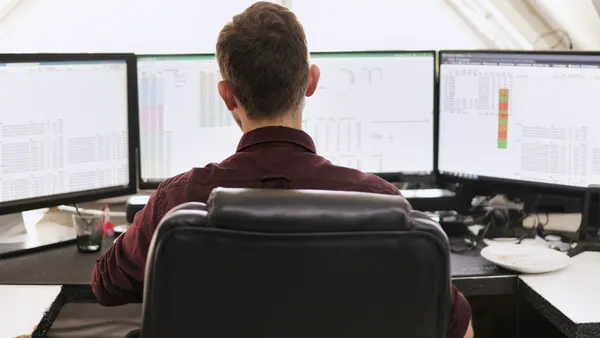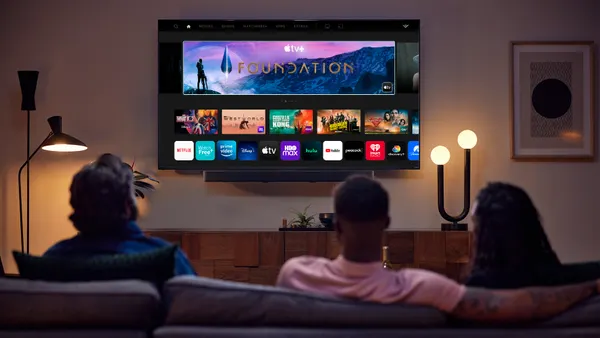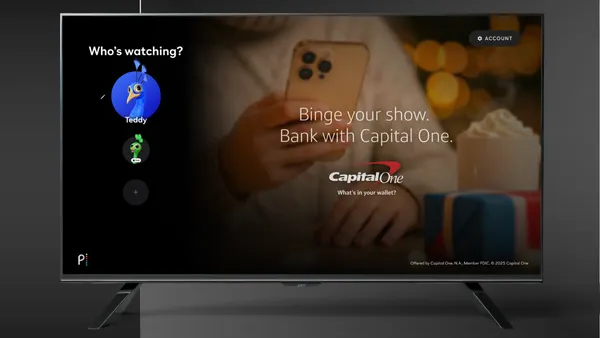Dive Brief:
- In a significant push into hardware, Google launched the Pixel smartphone, a VR headset and a voice-activated Home device, among other news, at a live event this afternoon that was live streamed on YouTube.
- Images and specifications of a few devices were leaked over the past few days, but the full scope of Google’s vision for how it will connect its software, including the new Google Assistant, and hardware offerings did not become clear until today. The event also highlighted the significant strides Google is making in AI.
- A number of partnerships with marketers were highlighted as well as opportunities for others to reach users with integrated experiences.
Dive Insight:
Google's new Pixel smartphone has some eye-catching features, but with sales growth stalling in the smartphone space, a phone launch by itself is not big news these days. Recognizing this, Google astutely bundled the phone together with other devices and its software offerings, including the new Google Assistant, to paint a picture of how users might manage their day, using their voice to build a shopping list at home and access it at the store, find and map a route to a local business or turn on and use various home devices.
While voice is a big part of how the new ecosystem comes together, one point of differentiation from Amazon’s digital home assistant Alexa and supporting devices is that Google’s devices are not voice-only and include an option for using human touch to interact, including the Home device, which has a touch panel on the top.
Google Assistant is built into the new Pixel phone, enabling users to bring up their itinerary, play music or call an Uber using their voice. Google Home is a smart speaker that makes Google Assistant available by asking a question. Users can search for and listen to music, find answers to questions, locate nearby stores, get an update on traffic, map a route, hear a translation for words into another language. Users can also listen a summary of important topics relevant to them for that day, add things to a shopping list, and set up timers for cooking.
An open developer platform for Google Assistant is set to launch soon, enabling marketers to build for direct actions, such as “turn on lights,” or for more conversational actions, such as requesting an Uber. Google is also developing a Google Assistant software development kit so other hardware companies can embed it in their devices.
Pixel, which Google is talking up as the first phone it has built inside and out, was also designed with virtual reality in mind. Google hopes to differentiate itself in the quickly heating up VR space with the Daydream View headset, which uses fabric for a softer, lighter feel. Daydream in Google’s VR platform and several partners were announced today, including Warner Bros., Netflix and Hulu.
Google Wi-Fi is the company’s new modular home Wi-Fi system, offering multiple points throughout a home to support how different household members are connecting. The new Chromecast Ultra promises a crisper picture and better performance.
The event was presented as an inflection point for Google by providing the first in-depth vision of how the company’s hardware and software will work together going forward.













